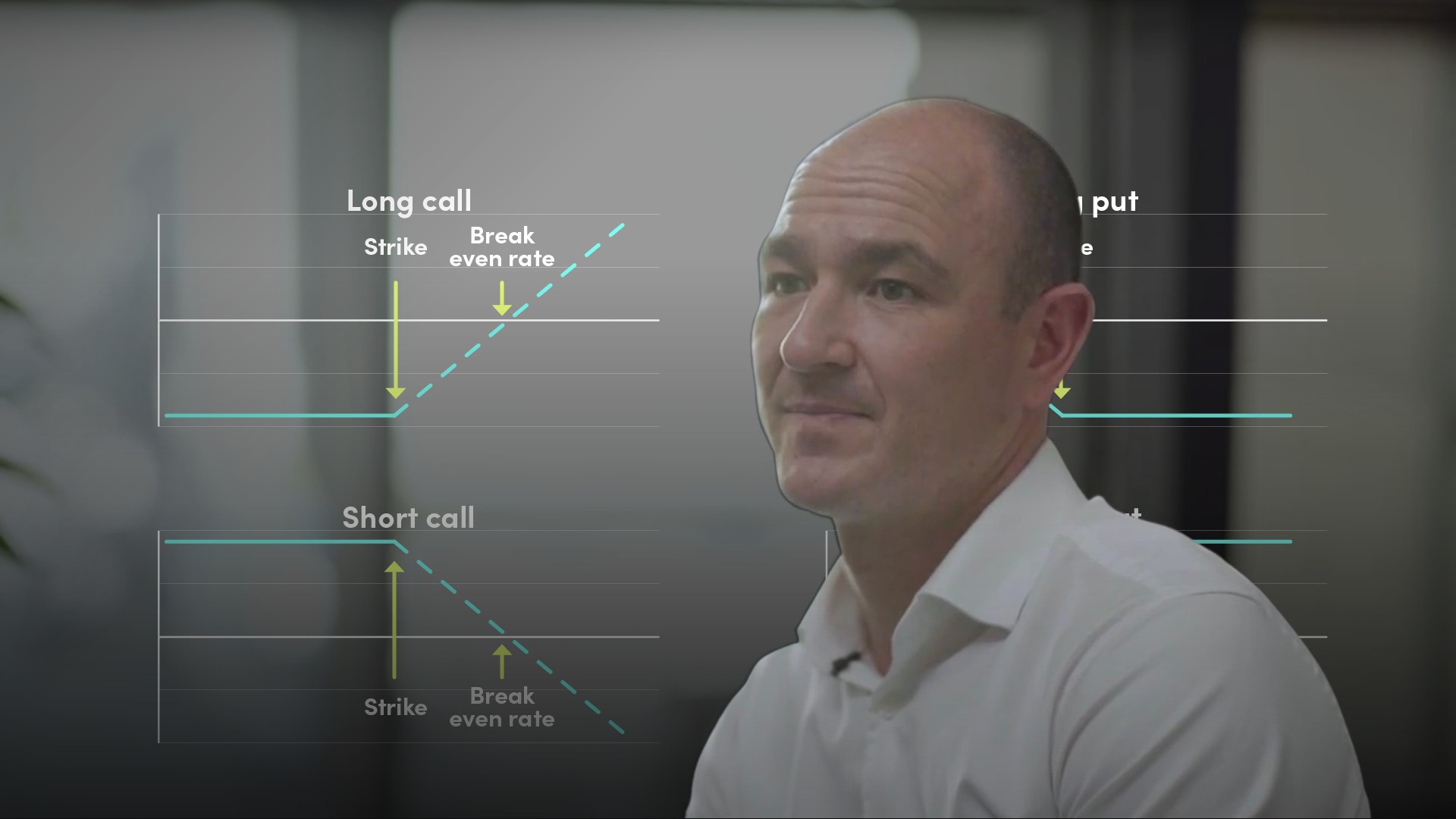
Short Call
A short call is a potentially high-risk options trading strategy in which an option writer sells a naked call to a call buyer in the hope that the underlying fails to reach the strike price thus expires worthless. In which case the writer’s profit is derived from the options premium: the payment for the options received from the buyer upfront. It is a risky strategy because if the underlying rises above the strike price i.e. moves in-the-money and is exercised, the option writer has to buy the underlying at the higher price and deliver it to the buyer, who has the right to buy the shares at the lower option strike price. The loss potential could be substantial (technically unlimited) if the price of the underlying trades up in an accelerated manner. A short call has a similar profile to a long put in that it profits from a decline in the price of the underlying. A long put buyer has to pay an options premium to set up the position but if the strategy fails to perform (if the underlying does not fall to the strike price), the loss is limited to the premium payment.




























